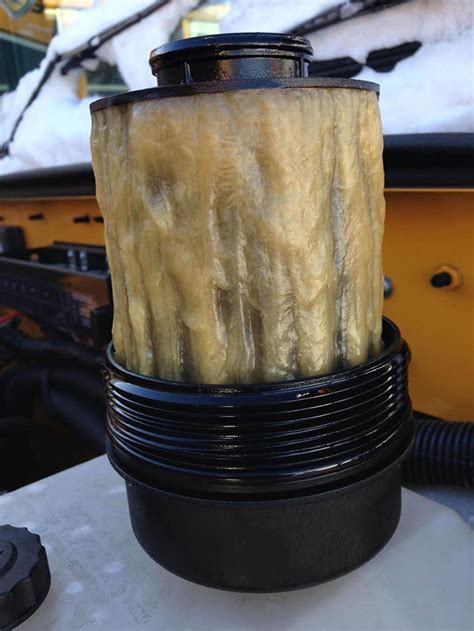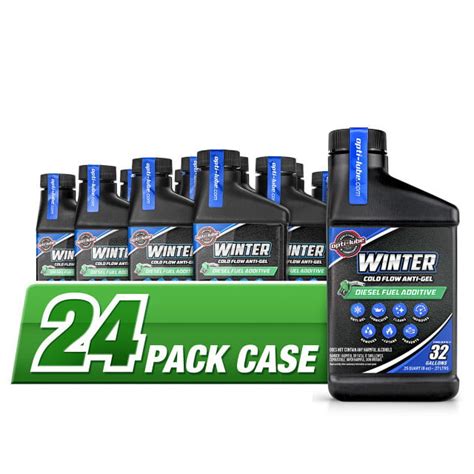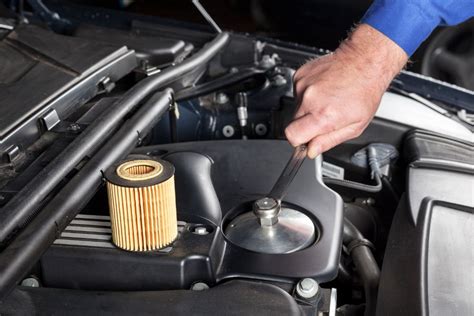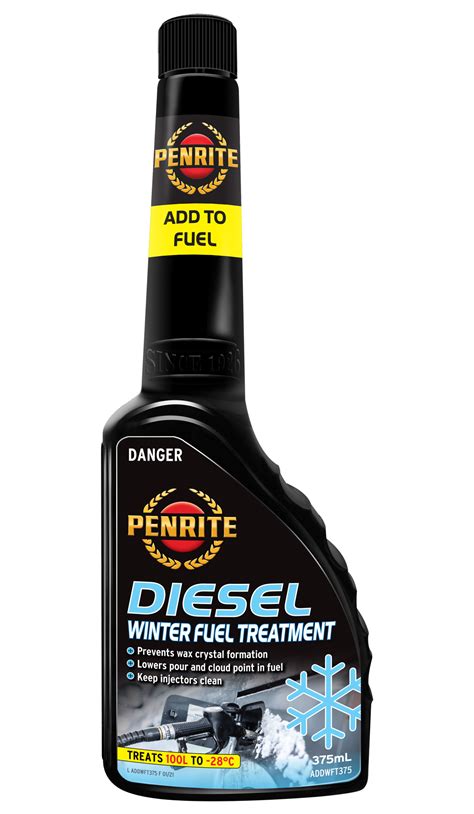Winter weather poses a unique challenge for diesel vehicle owners: fuel gelling. As temperatures drop, diesel fuel can thicken and even solidify, leading to severe engine performance issues or complete vehicle shutdown. Understanding why gelling occurs and implementing preventative measures is essential for keeping your diesel engine running smoothly throughout the colder months.
Understanding Diesel Fuel Gelling
Diesel fuel contains paraffin wax. Under normal operating temperatures, this wax remains dissolved in the fuel. However, when temperatures fall sufficiently, these wax particles begin to crystallize, causing the fuel to become cloudy. This is known as the ‘cloud point’. If temperatures continue to drop, these crystals grow larger and can eventually clog fuel filters and lines, preventing fuel from reaching the engine. This solidifying process is referred to as ‘gelling’ or ‘waxing’, and the temperature at which it happens is the ‘pour point’.

Key Strategies to Prevent Gelling
1. Use Winter-Grade Diesel Fuel
Fuel suppliers in colder regions typically offer different grades of diesel fuel during winter. #1-D (kerosene) diesel has a lower pour point than #2-D diesel, making it more resistant to gelling. Many stations also provide ‘winterized’ or ‘blended’ diesel, which is a mix of #1-D and #2-D, or #2-D treated with anti-gel additives. Always choose the appropriate fuel for your expected operating temperatures.
2. Employ Anti-Gel Fuel Additives
Anti-gel additives are chemical treatments designed to modify the size and shape of wax crystals that form in diesel fuel, preventing them from growing large enough to clog filters. These additives can significantly lower the fuel’s cloud and pour points. It’s crucial to add them to the fuel *before* the temperatures drop and gelling begins, as they are most effective when mixed with warm, liquid fuel.

3. Keep Your Fuel Tank Full
A full fuel tank leaves less space for air, thereby reducing condensation. Water in the fuel system can exacerbate gelling issues, as it can freeze and block lines or mix with wax crystals to form more problematic blockages. Keeping the tank full minimizes the risk of water contamination and provides a larger volume of potentially treated fuel.
4. Maintain Your Fuel System Regularly
Clogged fuel filters are often the first sign of gelling, but dirty filters can also accelerate the gelling process. Regularly replace your fuel filters as recommended by your vehicle manufacturer. Also, drain your fuel-water separator frequently to remove any accumulated water, which can freeze and block fuel flow.

5. Utilize Engine Block Heaters and Fuel Line Heaters
For extremely cold conditions, an engine block heater can keep the engine and fuel components warm enough to prevent gelling. Some vehicles also have electric fuel line heaters or fuel filter heaters, which can be invaluable in maintaining fuel flow. Parking your vehicle in a heated garage overnight can also be highly effective.
6. Consider Fuel Storage Practices
If you store diesel fuel on your property, ensure it’s kept in a location where temperatures are consistently above its pour point. Treat stored fuel with appropriate additives if it will be exposed to cold temperatures for extended periods.

What to Do If Gelling Occurs
If your diesel fuel has already gelled, the primary solution is to warm the fuel system. This can involve parking the vehicle in a heated garage for several hours, using an external heat source (carefully and safely), or adding a de-gelling agent (only if the manufacturer explicitly states it’s safe for your vehicle and fuel system). Never attempt to use open flames or highly flammable substances to thaw frozen fuel lines. Once the fuel has liquefied, adding an anti-gel additive and changing the fuel filter is recommended before attempting to drive.
Preventing diesel fuel gelling is a proactive measure that can save you significant time, money, and frustration during winter. By understanding the causes and consistently applying these preventative strategies, you can ensure your diesel engine remains a reliable workhorse, even in the coldest conditions.





